What is a 'wicked' learning environment?
Yes, I know a lot of my students will agree that accounting is a wicked environment, mainly based on the fact that they’re really stressed with their studies and struggle with all the theory, volume and complexity. But this is not what I’m talking about!
Psychologists use the term ‘wicked’ and ‘kind’, to differentiate between learning environments where trends and patterns recur and are predictable (kind), and where there are less predictable patterns, trends, feedback may be delayed, non-existent or non-predictable (wicked).
Think of Chess… very challenging, sure. But the rules NEVER change. Every moment you spend learning new strategies improves what you can already do. You are comfortable in the knowledge that the core of the game and skill requirements will NEVER change. ie: Kind
Then, think of starting a business now, vs 30 years ago. EVERYTHING has changed. The skills you needed back then, may not help you now. The skills you need now (eg: internet marketing) didn’t EXIST! You have to CHANGE the core of everything in order to achieve. ie: Wicked
Study Example:
Kind: Your lecturer gives you a chapter to learn, then gives you a question where there’s a right and wrong answer. If you know the work from the chapter, then you’ll know the right answer. Whenever you see a similar question, the same answer will apply. You can safely apply that knowledge to any similar scenario. Your lecturer will mark your question, and tell you whether you’re right or wrong, and if wrong, what it should be.
Wicked: Your lecturer gives you a question, where the answer is highly subjective. It’s BASED on certain theory, but not directly applicable. It may be applicable in certain circumstances, but not in others. There’s no definitive list of these circumstances that you can learn. The next question you get may be based on the same topic, but be completely different, and may, or may not, require the same type of solution. You cannot ‘use’ the last solution as the basis for your next solution. Your lecturer doesn’t mark your work, give you a ‘solution’, and you’re left to assess for yourself whether you understand the underlying concepts or not.
Can you see the difference?
In a kind environment, it’s really easy to develop a set of solutions for problems. Whereas, in a wicked environment, you really have to understand the underlying concepts, but be able to apply them, manipulate them, and work with them differently in different situations.
This makes studying REALLY challenging!
For further reading:
Is Accounting 'wicked'?
A really common misconception is that Accounting is a classic ‘kind’ environment. That once you know your debits and credits, and all the theory, you’ll always know the answer to questions. Sure, there’s a lot of theory and detail, but once you know it, you know it, right?
Wrong!
If you’re already studying at higher levels, you’ll possibly be wiping a tear of wishful thinking from your eyes, because you can relate to the ‘wicked’ example above. If you’re still studying in earlier levels, you may not have come across this shift yet. (It’s coming, be very aware of that!)
How does this affect you?
In earlier levels of study:
You need to be introduced to the basics of your subjects. This means that you’re given a lot of definitions, formats, formulae, rules and steps to create information. The examiners will start by assessing whether you ‘know’ all this, by asking you to repeat it, reperform it, or ‘fill in’ a template or pre-defined format.
This means that although you may be given case studies, the levels of application required are fairly simple, and the answer to one situation looks very much like the next. You’re not really given complex, out-of-the-ordinary situations. To a large extent, you can copy-paste answers if you ‘know’ your theory and have a good memory. (I call this problem-matching)
In later levels of study:
The requirements of the profession starts to filter down to you.
The profession has the responsibility to pay attention to what society expects from their professional accountants, and make sure that they adjust their qualification process to ensure that people coming out of the journey are fully equipped to respond to society’s needs.
When you’re at work, you can Google pretty much anything! We no longer need accountants to do smart calculations, we can use Excel, Google, and even basic accounting programmes do way more than ever before. This massively reduces the need for you to be able to do calculations in your head, remember formats and formulae, theory and details. It will all be at your fingertips, and the fingertips of your clients too!
So, what do clients expect from you? If they can do all the stuff you can do in your earlier levels of study merely by Googling something, what are you there for?! You’re there to PROBLEM SOLVE!
You’re there to solve the problems that aren’t programmed into their accounting system because it’s not a common issue, or it’s something new. You’re there to advise how, why and what to do to solve problems. To explain the impact of their decisions on all sorts of areas of their finances and business, to find issues they haven’t spotted because they don’t have the same knowledge as you.
Because no two problems will be the same, you won’t be able to ‘problem-match’. You’ll have to get used to problem-solving, where there’s no ideal, textbook solution. You need to integrate all sorts of information, knowledge, topics.
How does this affect your studying?
Your exams, the questions you do will never look the same. Although it’s clearly the same topics, the industry, types of problems, approaches etc will not be the same.
You’ll also start finding that you’ll see more ‘discussion-type’ questions, instead of pure calculations and formats, because my computer can do all that. I need you to explain to me WHY and WHAT and HOW all this works.
Get comfortable with being uncomfortable
My students are DESPERATE to spend as much time as possible on theory, so that once they look at questions, they will ‘know’ the answers, because that makes them feel better, more comfortable, and makes them feel like they’re progressing. This is dangerous, because it doesn’t prepare you for a ‘wicked’ exam!
A growth mindset is CRUCIAL
By ‘mindset’, I’m not talking about your positivity. I’m talking about some of these:
- your fear of failure,
- your ‘get it right first time, everytime’ learning philosophy
- panicking when you don’t see instant or predictable progress in your studying,
- not asking questions because you don’t know ‘enough’ yet
- fearing what it ‘means’ if you’re struggling,
- worrying what people think of you
- questioning your intelligence.
All these things get in the way of HOW you study. It may seem indirect, but the reality is that if we’re worried about failing a question, if we feel like we NEED to get questions right, if we feel that we SHOULD ‘know’ our stuff BEFORE we start questions, it will seriously impact your ability to pass.
Where to start?
Students always ask me how they can manage their time better because they can’t get to enough questions. Time is not their problem… their problem is some or all of the above, which are unconsciously keeping them on the theory until they ‘feel ready’ to pass questions. If they don’t feel ready, they won’t touch questions, and they don’t question WHY, they just feel they should do the same stuff, only faster!
THIS is why I focus more on Study Mindset & Strategy than teaching content these days. Because your mindset dictates your study habits, and if you’re not aware what’s expected of you, and how you approach it, you will be left with constant frustration and high levels of anxiety.
Whether you sign up for the app or not, I want you to think of the difference between the ‘kind’ and ‘wicked’ learning environment.
Whether we like it or not, the professional environment is a ‘wicked’ one. Let’s make sure we equip ourselves to deal with it!

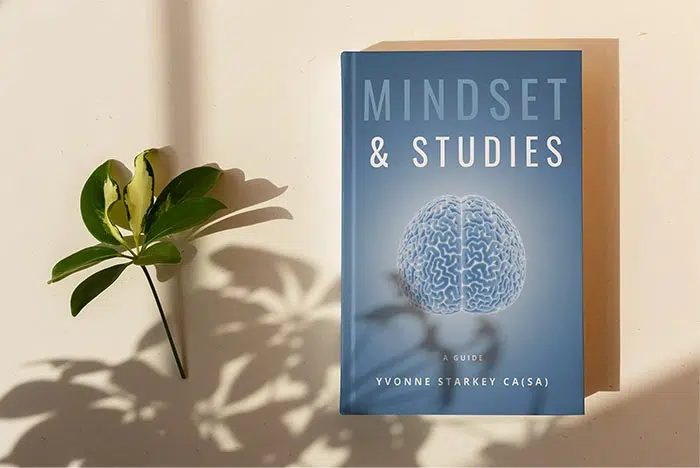



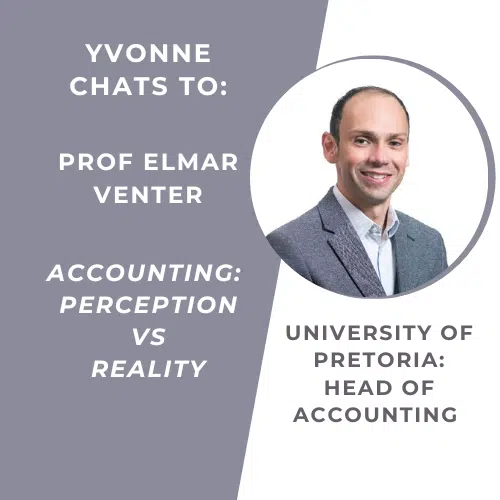

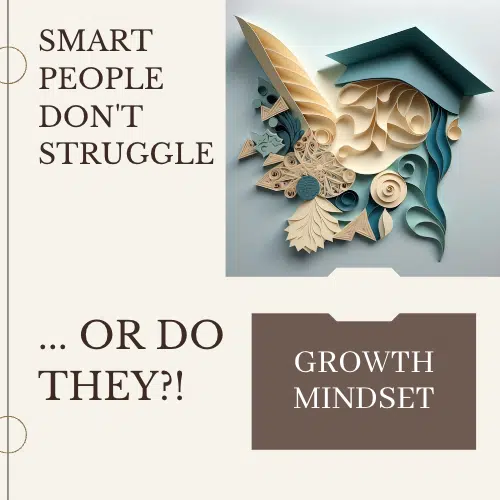
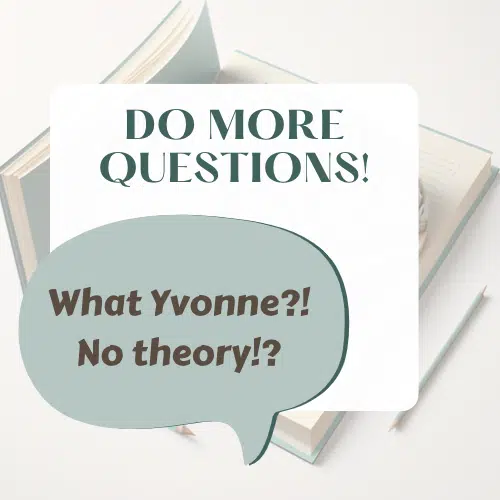
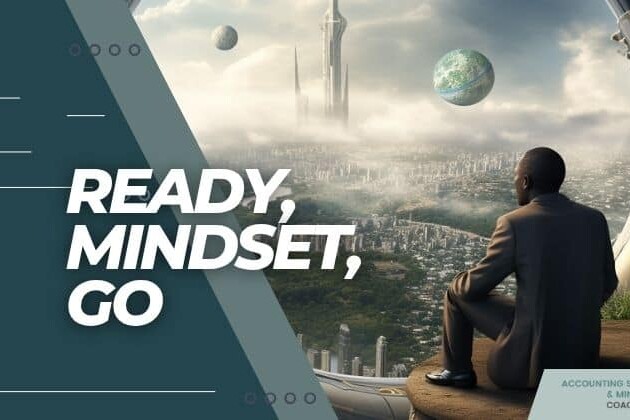



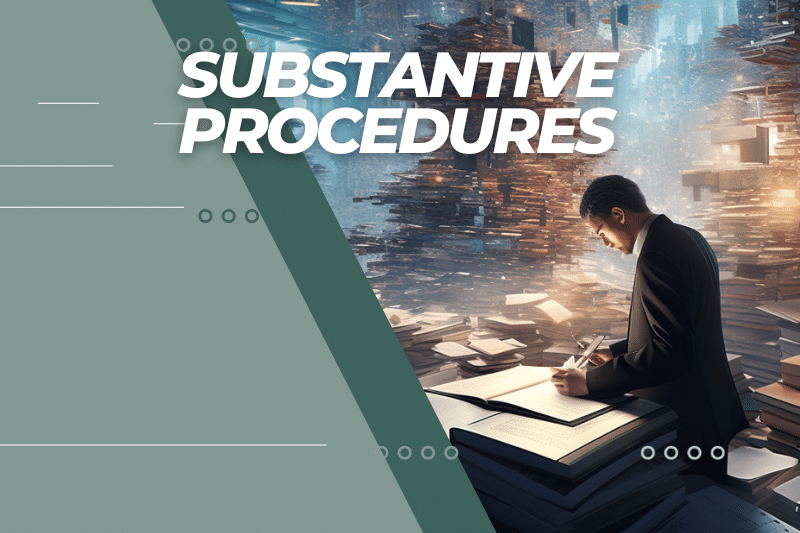

1 Comment
Thank you Yvonne, really insightful so do appreciate it.